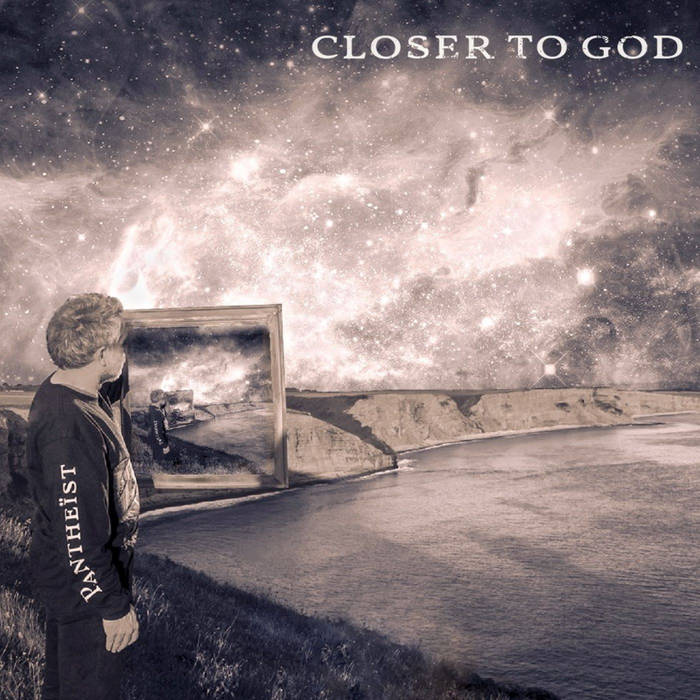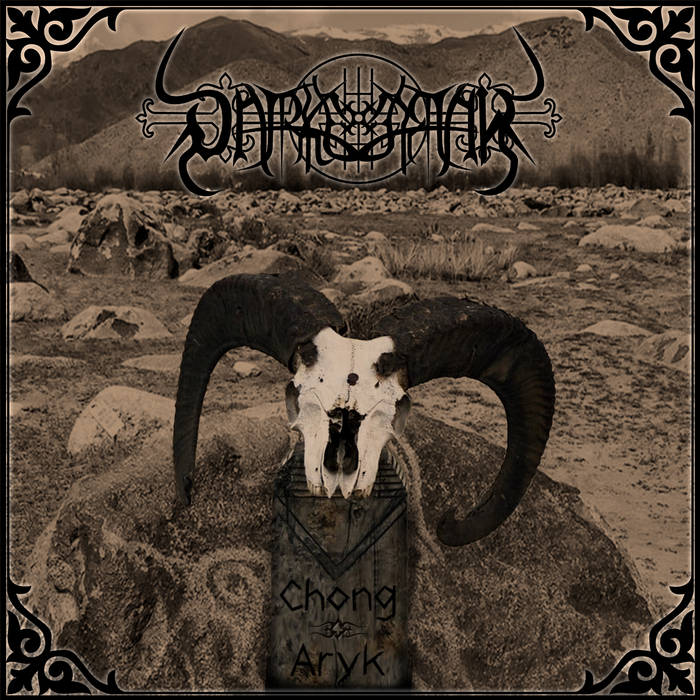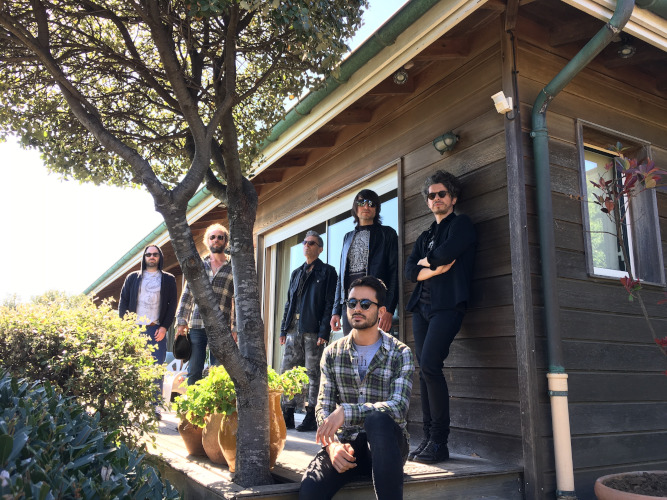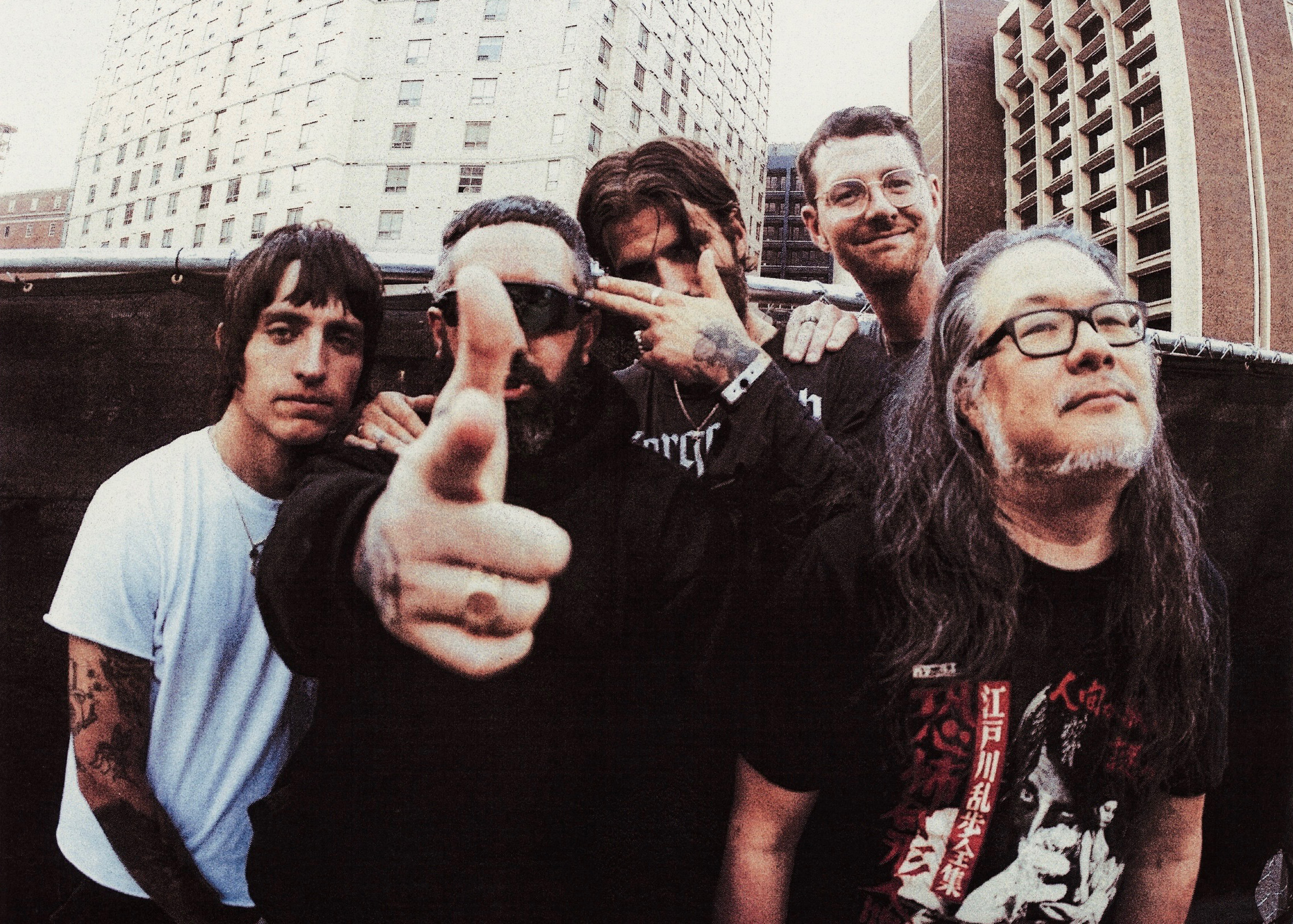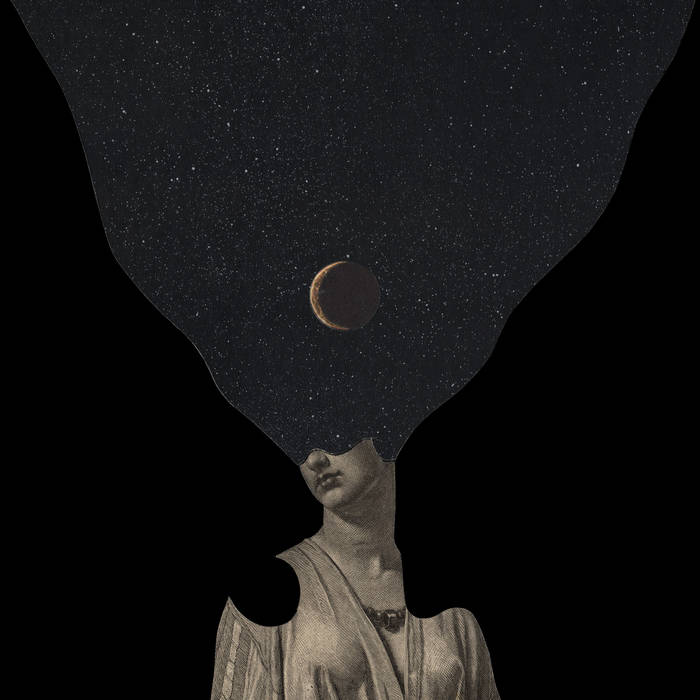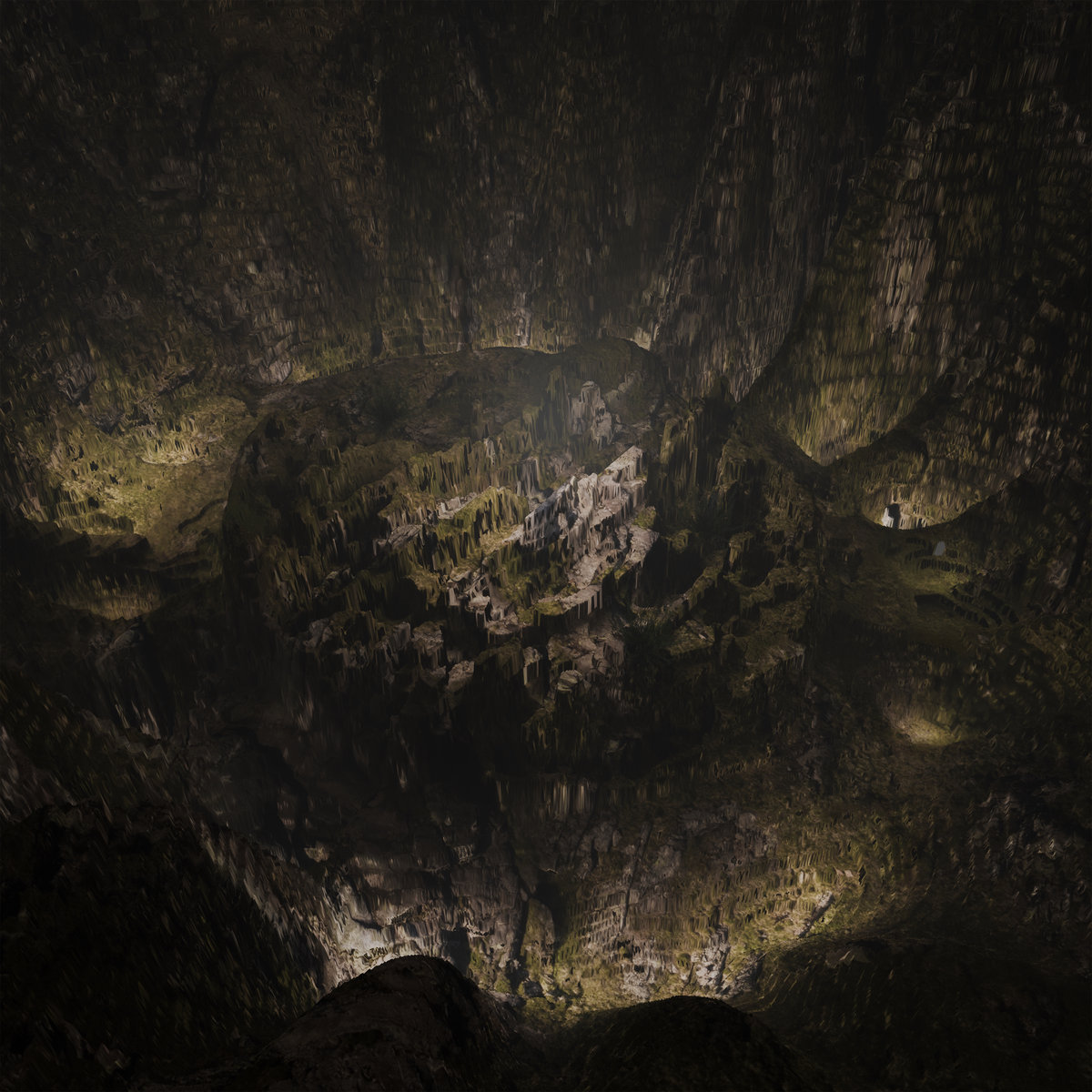Pantheist, the brainchild of Kostas Panagiotou, never does anything halfway and you are in for a treat when Pantheist releases a new album. This album is labeled as an EP, but clocks in at almost 48 minutes with four reflective and meditative Funeral Doom tracks. Lean back and enjoy the wide musical canvas Pantheist unfolds.
The Funeral Doom Metal genre was incepted around 1991 when the Finns Thergothon slowed down their Brutal Death Metal style and released Fhtagn nagh Yog-Sothoth. The genre bloomed over the next decade with bands like Skepticism, Evoken, Mourning Beloveth and Esoteric. In 2000, Pantheist was formed and from 2001 they began releasing Funeral Doom Metal, ßbut every release pushed the borders for what that genre might be, and this release is no different.
Pantheist and Skepticism share their use of the organ as a main instrument. The way Panagiotou blends in the organ and piano lifts the music up to an ethereal cathedral-like sense. That´s why Pantheist´s album Live at St Giles, London makes for a spectacular listen (I wish I had been there when they shared the scene with Skepticism!) And they do that on this album too, when pushing the genre towards symphonic and cinematic soundscapes. Pantheist might have created a new sub-genre, Cinematic Doom Metal and it certainly sounds good.
The album has four tracks and begins with a 23 minute-long epic contemplation over the times we are going through, called ”Strange Times”. An angelic choir rises soon to be joined by the organ before the Doom Metal distorted guitar slowly blends into the mix. Then come emotional clean vocals and the guitar uses its darkest pitch for the melodic theme when the vocals change to growling. The heavenly choir floats in and out of the music. Behind the growling vocals the organ soars. The sonics glide effortlessly with the slow floating organ leading the melody before it is joined by guitar and flute.
Then we are thrown into Funeral Doom Metal again with growling vocals, slow paced heavy guitars accompanying the organ and slow drumming. A melodic theme forms in the soundscape and a piano takes over for the organ and the emotive vocals are back for a while before the soundscape turns into organ-lead Funeral Doom with clean and growling vocals used in harmony. A clean solo guitar begins to soar over the doom-laden music. The choir comes back calming the cinematic soundscape before it disappears to highlight yet another segment of Funeral Doom lead by organ and growls steering slow paced onward, while it reaches the conclusion of this mighty song as the choir takes over for the ecclesiastical organ. As a listener you might be left in a contemplative state after this musical achievement.
It´s quite fitting that the next track ”Erroneous Elation” is a track with synths accompanied by acoustic guitar strumming and bass drums that leave a considerable ambient impression. It elevates your contemplative state more as a female voice begins to linger above the music. This might be the most cinematic track on the album as both the guitar and the synths give some nods to Ennio Morricone. Strangely enough, it also reminds me a bit of the organ work of Klaus Schulze on Irrlicht and Cyborg which was released almost fifty years ago.
The organ opens the third song, the thirteen-minute long ”Wilderness” and is joined by heavy guitar, drumming and the bass leading the melody. The growling vocals immersed in the music are accompanied by a single angelic vocalizing in the background. Even with a heavy distorted guitar, drums, growling and bass the song has a contemplative atmosphere. The vocals and organ soon give way to a solo guitar that lifts the sonics. The vocals change to operatic style and we are reminded of how Panagiotou uses the range of his vocals and shift between singing styles in a heartbeat. The song quiets down with the help of a choir and a piano takes over and escorts the emotionally strong vocals that soon turn to spoken words before the soundscape is lifted up to mid-tempo doom metal. Towards the end a lone guitar soars over the sonics and the angelic choir closes the song.
”Have you ever felt lonely in a cosmic sense / No human presence can distract you” is the opening line of ”Of Stardust We Are Made (and to Dust we Shall Return)” after guitar and organ have launched the song, just to leave it to the piano to accompany the clean vocals that lead to music that conjures images of cosmic loneliness. The longing music, the vocal harmonies and the sharp soaring guitars create mighty sounds. The growling, now desperate, is deeply immersed in the music. The wonderful angelic vocalizing comes back to comfort us in our loneliness. The album ends with a beautiful piano solo and a glimmer of hope from the light synth in the background.
For this release Panagiotou has put together a collective of musicians from three countries and two continents that, as the pandemic unfolded, contributed from home. And what they have achieved is a clear statement that, in spite of the pandemic, Pantheist and the genre are still in full bloom.

